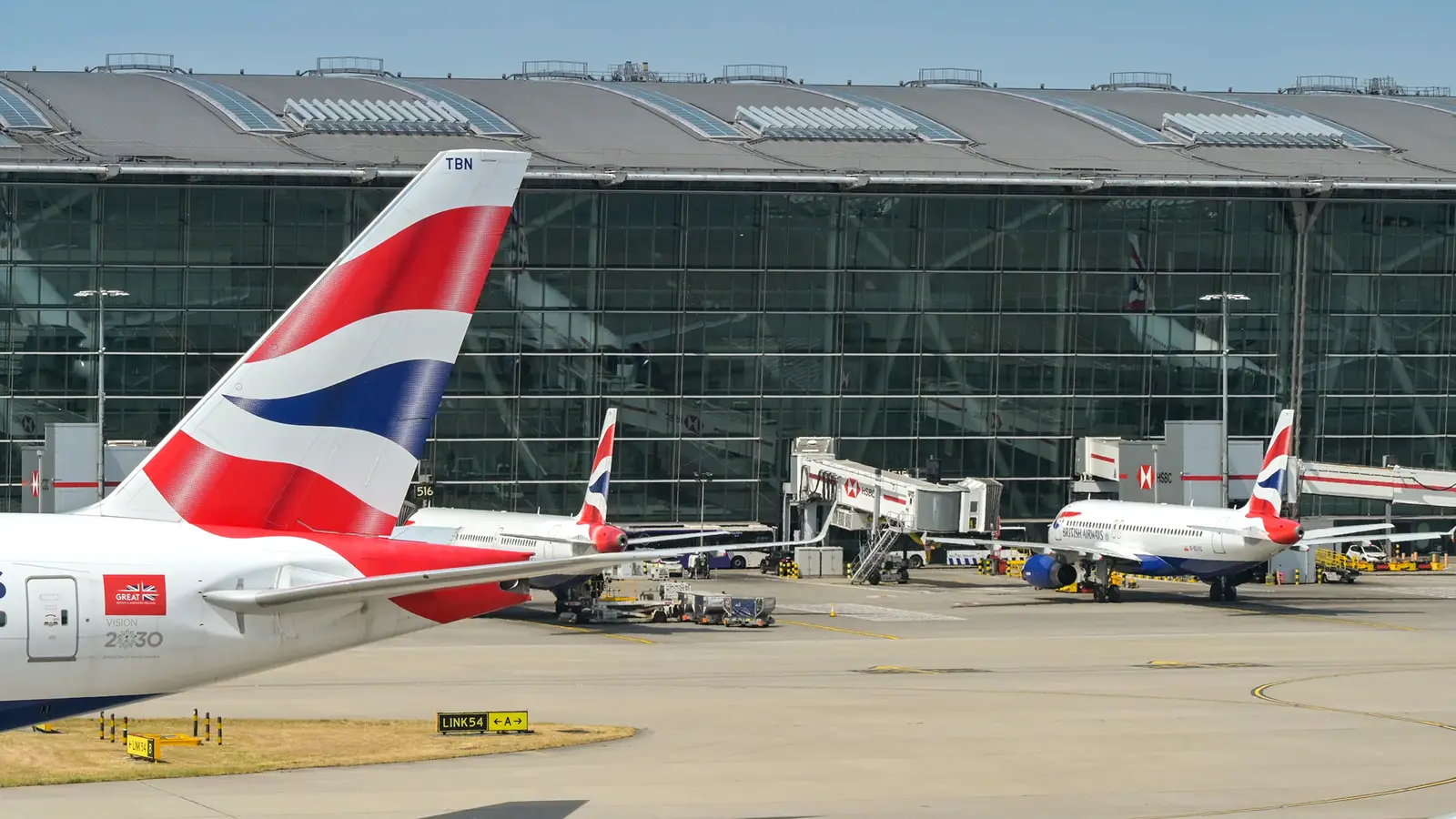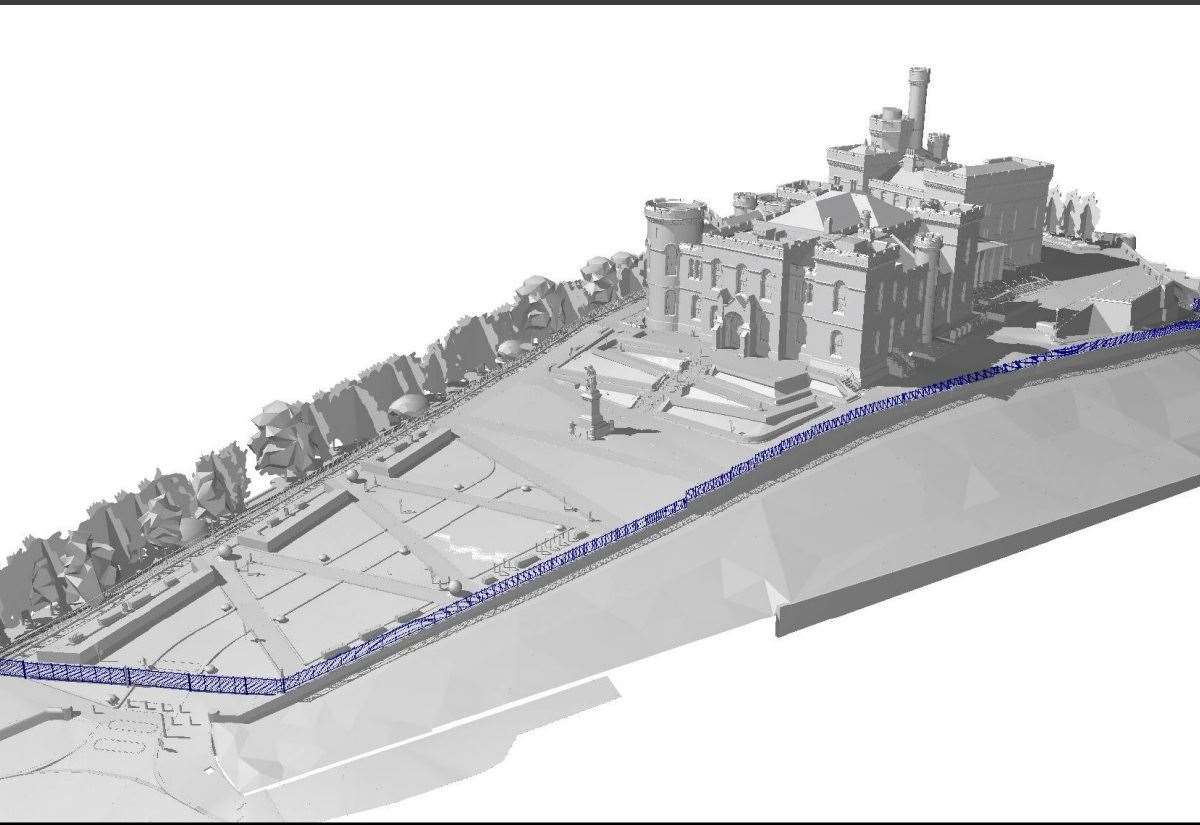Disruption Across Europe’s Airports Including London Heathrow As Cyber Attack Impacts Operations

A cyberattack has impacted operations at select European airports, including London Heathrow (LHR), leading to significant delays and cancellations. The attack targeted the MUSE (Multi-User System Environment) software developed by Collins Aerospace for electronic check-in, bag drop and boarding, affecting several airlines that use the software.
Dozens of flights have been canceled so far and hundreds more are delayed as passengers face extremely long queues and manual check-ins. Collins Aerospace has acknowledged the attack and said it is urgently working on a fix.
Cyberattack Hits Europe Airports
Operations have been affected across a few European airports following the cyberattack, forcing airlines to process check-ins and boarding manually. According to aviation analytics company Cirium, Berlin Brandenburg Airport (BER), Brussels Airport (BRU) and Heathrow have seen a total of 29 flight cancellations as of 12:30 BST Saturday, while data from FlightAware shows ten cancellations and over 200 flights delayed at Heathrow alone.
The number of cancellations and delays will certainly rise, leaving more passengers stranded or facing long queues. It isn’t known how many airports have been affected, but Ireland’s Cork Airport and Dublin Airport have also reported disruption. According to the BBC, British Airways is operating normally as it has a backup system in place, but the majority of other airlines at Heathrow have been impacted.
Brussels Airport said the attack happened on Friday night and had a “large impact” on its flight schedule, warning that departing flights are now facing average delays of one hour. Collins said it was aware of the attack, but did not clarify if it knew who was behind it, while the UK’s National Cyber Security Centre is assisting in the investigation. RTX, the parent company of Collins, told The Guardian in an emailed statement,
“We have become aware of a cyber-related disruption to our Muse software in select airports. We are actively working to resolve the issue and restore full functionality to our customers as quickly as possible. The impact is limited to electronic customer check-in and baggage drop and can be mitigated with manual check-in operations. We will share more details as they are available.”
Passengers Face Long Delays
Airline staff have been processing passengers manually, a more time-consuming process that has led to lengthy queues and delays. Videos from Brussels Airport show airline staff writing out boarding passes by hand as long queues form in the lines, while images of heavily congested queues in Heathrow show the extent of the turmoil.
Many passengers have been left stranded while waiting for connecting flights or missing their onward connections. One passenger, Maria Casey, had a 09:30 flight with Etihad Airways out of Heathrow, but ended up queuing for three hours to check in as only two desks were staffed. Other travelers claim they have been waiting eight hours or more without any updates from their airline.
Although stating the degree of disruption was “minimal,” Heathrow has told its passengers not to arrive at the airport early, advising timings of no earlier than three hours before long-haul flights and two hours before domestic flights.
Rising Industry Cyberattacks
The aviation industry has been a common target for hackers, particularly those using ransomware tactics to extort money from airlines and airports. Some hackers have targeted personal information before ransoming the data, such as a recent attacks on Qantas and Air France-KLM.
Given how interdependent many systems are in the aviation industry, it finds itself at a heightened risk. This is particularly true of third-party systems like Collins’ MUSE which are used by multiple operators.
According to a report from French company Thales, the aviation sector saw a staggering 600% increase in cyberattacks from 2024 to 2025, warning that the industry’s vulnerabilities have made it an ideal target for hackers.



